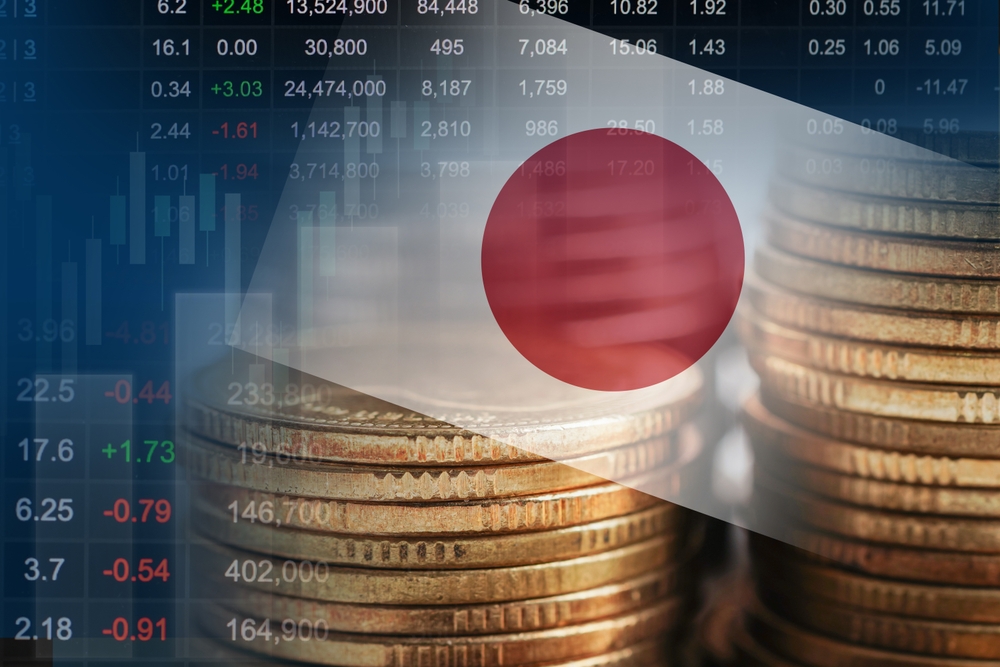Bank of Japan (BOJ) Governor Kazuo Ueda stated on Tuesday that Japan’s economy is resilient enough to withstand the impact of U.S. tariffs and continue its inflationary cycle, which is accompanied by rising wages. Ueda emphasized that despite challenges brought on by global trade tensions, Japan’s robust corporate profits and tight labor market will support sustained economic growth.
Impact of U.S. Trade Policy and Tariffs
While Ueda acknowledged that uncertainty surrounding U.S. trade policy, particularly President Donald Trump’s tariffs, could dampen Japan’s exports and discourage firms from investing and raising wages, he remained optimistic. “Recent tariff policies will exert downward pressure on Japan’s economy through several different channels,” Ueda noted, warning of deteriorating corporate and household sentiment. However, he believes that Japan can weather this pressure due to strong corporate profits acting as a buffer.
Wage and Price Growth: A Positive Sign for the Economy
Ueda also pointed out that Japan’s tight labor market is likely to sustain the trend of rising wages alongside inflation. This phenomenon is seen as a critical prerequisite for future interest rate hikes. While Ueda expects some stagnation in consumer inflation in the short term, the BOJ remains committed to its goal of gradually reaching a 2% inflation target. “Progress towards achieving our price target continues to gain momentum,” Ueda stated.
Economic Contraction and Tariff Impact
Japan’s economy shrank in the first quarter, and April export growth slowed, signaling the potential damage from U.S. tariffs. These developments prompted the BOJ to downgrade its growth and inflation forecasts. Ueda acknowledged that slower growth could weigh on inflation but pointed to consumer price data from April showing that companies are still passing on rising costs to consumers. This indicates ongoing inflationary pressures despite global uncertainties.
Future Outlook and Rate Hike Timing
Ueda refrained from giving specifics on the timing of the next rate increase, indicating that the decision will depend on future economic and price developments. “If trade negotiations between countries proceed and uncertainty over trade policies diminish, overseas economies will resume a moderate growth path, accelerating Japan’s economic recovery,” he explained, leaving room for optimism if trade tensions ease.


